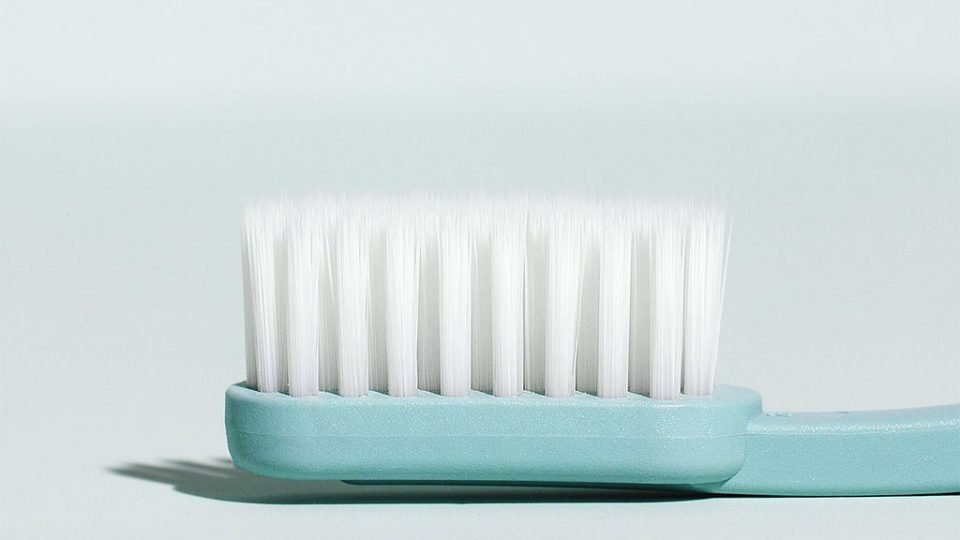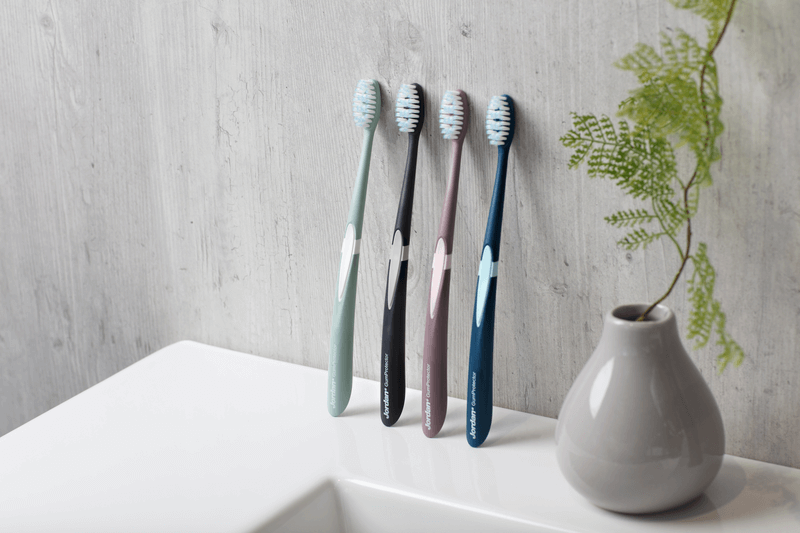How to stop teeth grinding
Teeth grinding can be both troublesome and painful, as well as affect sleep. These are the common causes and what you can do to stop teeth grinding.

Teeth grinding, also known as bruxism, is the grinding of teeth. For most people, this happens while they are sleeping, so they are not aware of the problem themselves. Others grind their teeth while awake, such as when concentrating. The grinding can vary from occurring once in a while and gentle, to occurring daily and intense. Also, the sound of the grinding can be from almost silent to so loud that it destroys the night’s sleep.
According to Tiril Willumsen, professor at the Department of Pedodontics and Behavioral Sciences at the University of Oslo, 30 percent of us experience bruxism. Thus, this problem is not as unusual as you might think.
SYMPTOMS OF TEETH GRINDING
Tense and sore jaws, sensitive teeth, stiff neck and tension headaches can be signs that you are struggling with the problem. Other signs you should pay attention to are worn tooth edges and other damage to the teeth, clicking from the jaw joint and chewed tissue on the inside of the cheeks.
If you suspect that you have problems with bruxism, you should contact a doctor or dentist to assess whether this is something you are struggling with.
WHEN CHILDREN GRIND THEIR TEETH
Children that are grinding their teeth is mostly completely harmless even if it sounds bad. It is not uncommon for them to grind their teeth at night, but for most people this will happen when the dandelions are replaced with permanent teeth. Experts believe that the symptom may be due to tooth eruption or other growth pains.
TREATMENT OF TEETH GRINDING
Stressful periods, such as examination period or a difficult job situation, can lead to grinding of teeth. A good tip is to try relaxation exercises before falling asleep. If your body and muscles are relaxed as you fall asleep, the chance of grinding your teeth decreases during the night.
If you have problems with the position of your teeth, the dentist can help. It is possible to have a bite splint made that acts as a tooth protector. This ensures the rubbing impacts the splint instead of your teeth. Many people experience that a splint helps the jaw muscles to relax more. Moreover, this can in turn lead to reduced tension in the neck and shoulders.
DENTAL CHECK-UPS
It is not uncommon to discover a problem with grinding teeth in connection with dental check-ups. If the dentist suspects that this is a problem, the condition will often be observed over several visits before any treatment takes place. You will also most likely be asked about habits and medications to try to uncover the cause of the teeth grinding. In some cases, you also get a referral to a doctor if the dentist believes that physical or mental ailments are the cause the problem.
3 TIPS WHEN STRUGGLING WITH TEETH GRINDING
- If the grinding is due to stress, there are relaxation exercises you can do to become more relax. Search for relaxation exercises / stress management on Youtube for tips for exercises or consult a psychiatrist or psychologist.
- If the rubbing is due to your tooth position, this can be corrected by a dentist. The dentist can also provide you with a so-called bite splint, which protects against grinding your teeth at night.
- Are you neither stressed nor struggling with the wrong tooth position? Teeth grinding can be due to antidepressant medication, and it may be appropriate to change medication in consultation with a doctor.
Sources: Norwegian Health Informatics (NHI.no), Sinnetshelse.no
Related articles

3 steps to healthy teeth
Do you want healthy teeth in a simple way? Follow our 3 steps to healthy teeth to achieve optimal results.
Read more
The benefits of ultrasoft bristles
Ultrasoft bristles are extra gentle to teeth and gums. Although brushing your teeth is one of the most important routines for good oral hygiene, this…
Read more
Are You Brushing Too Hard?
Most of us are doing a great job of brushing our teeth twice a day. However, did you know that the pressure we apply whilst…
Read more